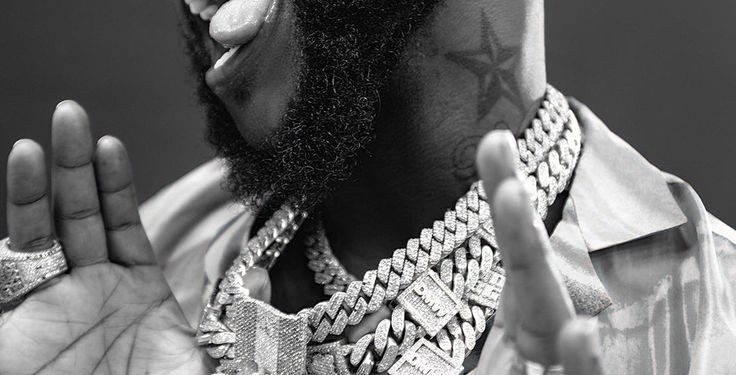Nigerian music star Davido (David Adeleke) has ignited a firestorm of opinions following comments he made about Nigeria’s current economic situation during a recent interview. Speaking in the United States, Davido, known for hits like “Fall” and “If,” expressed concerns about the state of Nigeria’s economy, calling it “in shambles” and advising Americans against relocating to or investing in the country.
“The economy is in shambles, and the situation is dire. I would advise Americans not to bother moving to Nigeria or even investing here,” Davido said during the interview, adding that the dramatic fall of the naira against the dollar was “appalling.”
His remarks have triggered widespread backlash, particularly from political and economic commentators, with some suggesting his words could harm efforts to attract foreign investment to Nigeria at a critical time.
Economic Struggles Under President Tinubu
The Nigerian economy has been facing severe challenges since President Bola Ahmed Tinubu took office earlier this year. Shortly after his inauguration, President Tinubu implemented a series of tough economic measures, including the removal of fuel subsidies and the floating of the naira. These policies led to an immediate increase in fuel prices, with the cost of petrol rising from ₦189 to ₦568 per liter overnight.
In addition to the fuel subsidy removal, the naira was allowed to float, meaning its exchange rate against the dollar would be determined by market forces of demand and supply. These changes caused significant hardship for many Nigerians, leading to widespread protests and increased living costs. In response, the government introduced an increase in the national minimum wage, from ₦33,000 to ₦70,000, though many still feel the burden of the economic changes.
Multinational Companies and Foreign Investment Concerns
The implementation of these stringent policies, particularly the removal of the fuel subsidy and the floating of the naira, has led to a number of multinational companies scaling back their operations in Nigeria or leaving altogether. According to reports from The Punch newspaper, 16 multinational companies either shut down or scaled down operations in the country, citing economic instability as a key reason for their departure.
While some critics blame President Tinubu’s policies for driving companies away, others argue that the exodus is more the result of economic mismanagement under previous administrations. The current government, in fact, has made attracting foreign direct investment (FDI) a top priority, with President Tinubu himself noting that his administration has successfully secured $30 billion in FDI.
Despite these claims, some analysts remain skeptical, arguing that the benefits of these investments are still too early to be realized. The presidency, however, has defended its record, emphasizing that such investments take time to materialize.
Davido’s Influence and the Backlash
As one of Nigeria’s most influential public figures, Davido’s comments have added fuel to the fire. Many are concerned that his remarks could potentially discourage foreign investors or worsen the negative perception of Nigeria’s economic future. On the popular TV show Your View, where the day’s headlines are discussed, TVC correspondent Nyma weighed in on the issue.
Nyma criticized Davido’s comments, suggesting that the artist was undermining the efforts of President Tinubu to attract foreign investment to Nigeria. “Davido’s words could deter investors from seeing the potential of Nigeria’s economy,” she said. “The removal of the fuel subsidy was one of the best decisions made by this administration. It was necessary for the long-term health of the economy.”
As Nigeria grapples with these economic challenges, the nation’s public opinion remains divided. While some continue to support President Tinubu’s reform agenda, others feel that the measures have come too quickly and with too little relief for the average citizen. The debate over Davido’s comments underscores the growing tension between public figures, political leaders, and the Nigerian people as the country faces one of its most difficult economic periods in recent history.
As the situation continues to unfold, it remains to be seen how these conflicting opinions will impact both domestic and foreign investor confidence in the Nigerian economy. What is clear, however, is that the country stands at a crossroads, and the actions of its leaders and the voices of its influential citizens will play a pivotal role in shaping its economic future.






















































